YuHong Toys, Guarding Every Childlike Dream with Quality and Love
Why High-Quality Children's Toys Matter for Development
Safety First: Non-Toxic Materials in Toy Manufacturing
Ensuring children's toys are made with non-toxic materials is crucial for their health and safety. Regulatory standards such as the American Society for Testing and Materials (ASTM) and the Consumer Product Safety Commission (CPSC) set stringent guidelines to ensure toys are free from harmful chemicals. Studies have shown a correlation between exposure to toxic substances in toys and potential health issues, making it imperative for manufacturers to adhere to these standards. Such adherence not only protects children but also builds trust with parents and caregivers.
Toys made from harmful chemicals can lead to a variety of health problems in children, including allergies, respiratory issues, and even behavioral changes. According to research published in Environmental Health Perspectives, exposure to substances like phthalates and lead can have detrimental effects on child development. Therefore, selecting toys crafted from safe materials—like organic cotton, BPA-free plastics, and sustainably harvested wood—is essential for safeguarding children's well-being. These materials not only meet safety standards but also offer peace of mind to parents seeking the best for their little ones.
Durability That Withstands Years of Playtime
Durability plays a significant role in the value of children's toys, as it ensures that the toys can withstand the rigors of active play. High-quality construction is not only a mark of longevity but also a cost-effective investment for families. Statistics from the Toy Industry Association indicate that superior toys have a longer shelf life, with many durable options lasting years beyond their initial purchase. This longevity reduces the need for frequent replacements, thereby minimizing waste and environmental impact.
Parents often emphasize the satisfaction derived from durable toys, as opposed to cheaper, short-lived alternatives. Testimonials from parents reveal a preference for toys that withstand the test of time, with some families passing down cherished toys through generations. This sentiment aligns with the broader movement toward sustainable consumerism, where durable toys are seen as both ecologically responsible and financially prudent choices. Recognizing and investing in durable toys can transform playtime into an enduring source of joy and learning for children.
Stuffed Animals & Plush Toys: More Than Just Comfort
The Emotional Value of Soft Animal Friends
Stuffed animals are more than just toys; they play a significant role in developing a child's emotional intelligence. These soft companions provide comfort and security during stressful times, acting as reliable friends that children can rely on. Psychological studies reinforce this perspective, indicating that plush toys help foster empathy and social skills by allowing children to practice nurturing and caregiving behaviors. For instance, a child might talk to their stuffed animal and share their feelings, thereby practicing verbal expression and emotional processing. Anecdotes from parents often describe how their children have formed profound attachments to their stuffed animals, highlighting these toys' crucial role in children's emotional and social development. This bond can be as simple as seeking out their favorite plush friend when feeling sad or using them as props in imaginative play that develops social narratives.
Mini Stuffed Animals: Perfect Travel Companions
Mini stuffed animals are ideal travel companions for children, providing comfort away from home. Their compact size makes them easy to pack and carry, ensuring children can have their beloved plush friends wherever they go. These small companions can significantly reduce travel anxiety, offering familiarity and solace in unfamiliar environments. Child psychologists emphasize the importance of familiar objects for children during transitions, noting that having a mini stuffed animal can help maintain a sense of routine and safety. Parents frequently share how these tiny plush toys have been instrumental in helping their children cope with long car rides, airplane journeys, or hotel stays, acting as constant companions that bring about a sense of normalcy and comfort.
Educational Power of Animal-Themed Play
How Plush Pillows Encourage Sensory Exploration
Animal-themed plush pillows are valuable tools in promoting sensory exploration. They feature diverse textures, colors, and shapes that stimulate children's senses, aiding in the development of sensory awareness and motor skills. By engaging with these tactile elements, children can reach key developmental milestones such as improved fine motor skills and enhanced sensory perception. According to experts in early childhood education, such interactive play is crucial for nurturing sensory exploration and cognitive advancement. Educators from various settings have praised the effectiveness of plush toys in providing children with a safe and engaging way to explore their environment, enhancing both their learning and emotional growth.
Storytelling with Hot Stuffed Animal Characters
Stuffed animal characters offer a fun and imaginative avenue for storytelling, fostering creativity in children. Through storytelling, children can expand their imagination while developing language and cognitive skills. Educational theories support this approach, emphasizing storytelling as a powerful tool for learning, enhancing both linguistic abilities and creativity. Many popular children's books feature stuffed animal characters that have become household favorites, offering inspiration for parents and children alike. Examples include classic tales where stuffed animals come to life, encouraging children to engage with stories and bringing joy to family reading times. These beloved characters not only entertain but also serve as a gateway to learning through imaginative play.
Age-Appropriate Designs for Different Growth Stages
When it comes to children's toys, age-appropriate designs are paramount in ensuring both safety and developmental relevance. Toys must cater to the specific needs and abilities associated with different growth stages to prevent harm and enhance learning. The American Academy of Pediatrics offers guidelines to help categorize toys by age group, emphasizing developmental milestones. For instance, toys for infants typically focus on sensory exploration and visual stimulation, whereas toys for preschoolers might enhance creativity and fine motor skills. Mismatched toys can pose risks like choking hazards and developmental setbacks. Expert opinions reinforce that selecting age-appropriate toys is crucial for fostering healthy growth.
Testing Protocols for Long-Lasting Play Value
To guarantee the safety and quality of toys, manufacturers abide by stringent testing protocols, including ASTM and EN71 standards, aimed at ensuring long-lasting play value. These standards cover aspects such as mechanical safety, toxicity levels, and flammability. Unfortunately, recalls of toys due to safety failures serve as a stark reminder of the importance of rigorous testing. According to a Consumer Product Safety Commission report, thousands of toys are recalled annually due to safety concerns. Industry professionals advise that parents scrutinize safety certifications, ensuring toys meet established standards. Identifying certifications provides assurance that toys are durable, safe, and worthy of investment, allowing kids to enjoy them without risk.
YuHong's Philosophy: Quality Meets Imagination
Crafting Toys That Grow with Children
YuHong understands the importance of creating toys that evolve with a child's interests and abilities. Their philosophy centers on designing toys that adapt to the growing needs of children, offering versatility and longevity. This approach ensures that children remain engaged and interested over time. For instance, YuHong's line of toys includes age-appropriate stuffed animals that begin as simple plush toys but transform into interactive play companions, encouraging imaginative play as children grow. Parents often commend YuHong for offering toys that provide both entertainment and developmental benefits. As highlighted by testimonials from satisfied parents, investing in toys from YuHong is seen as investing in a child's ongoing growth and joy, making them a favorite among families seeking lasting value.
Sustainable Practices Behind Every Smile
YuHong is committed to sustainability, ensuring that every smile comes with eco-friendly benefits. Their dedication to sustainable sourcing and production reduces the environmental impact often associated with the toy industry. By using materials that are responsibly sourced and implementing eco-friendly manufacturing processes, YuHong not only creates safe toys but also helps the planet. According to a report by the World Wildlife Fund, the toy industry can significantly benefit from such sustainable practices, potentially reducing waste by 20% annually. Experts assert that choosing sustainable toys results in long-term advantages for both children and the environment, fostering a healthier planet for future generations. Parents value this approach, knowing their purchases contribute positively to the world their children will inherit.
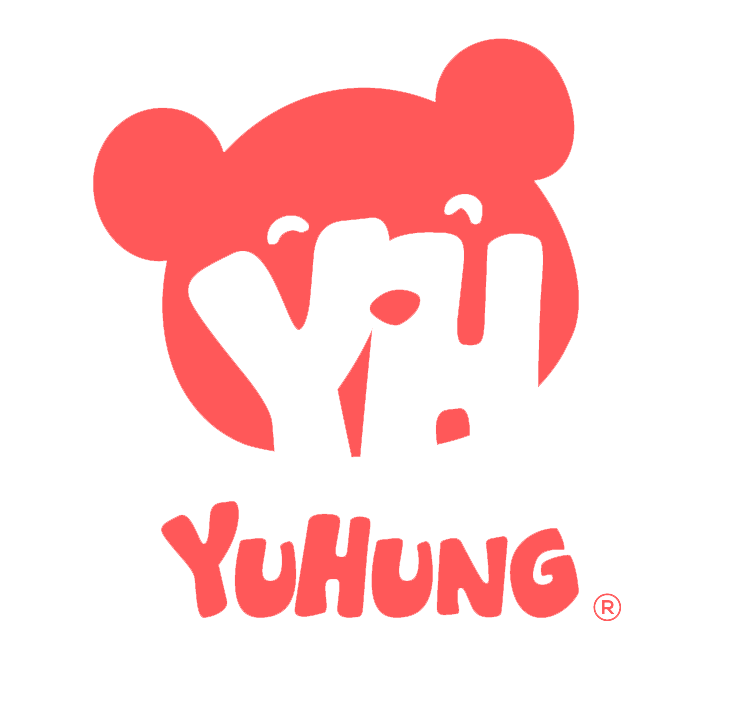
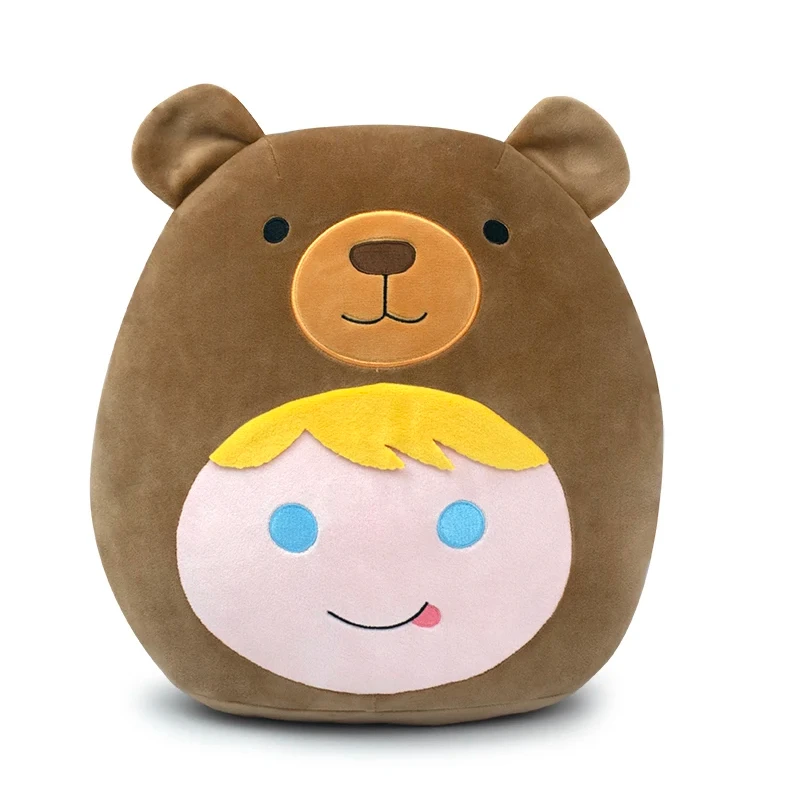
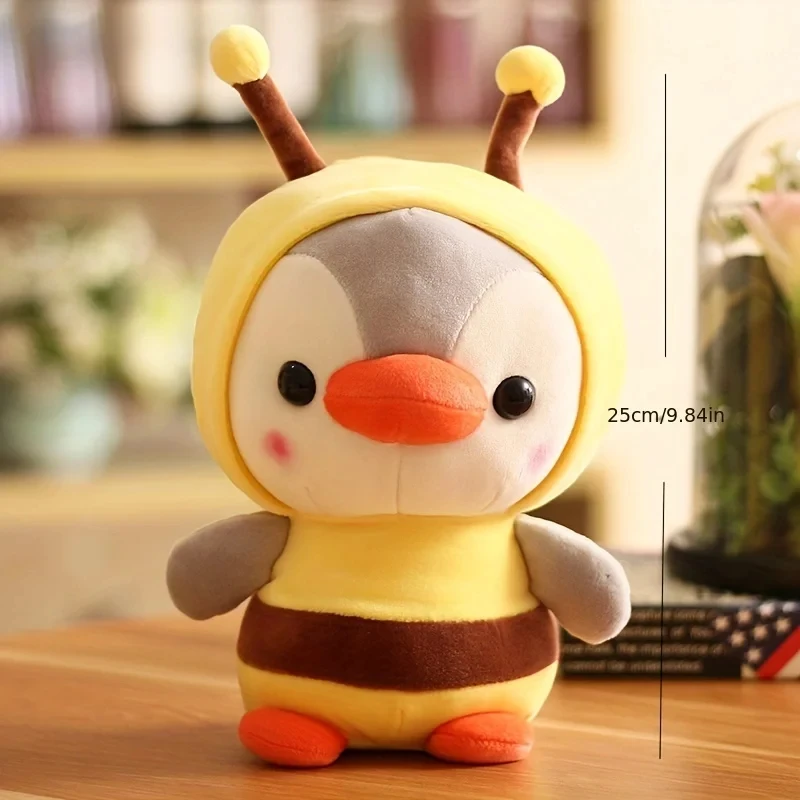
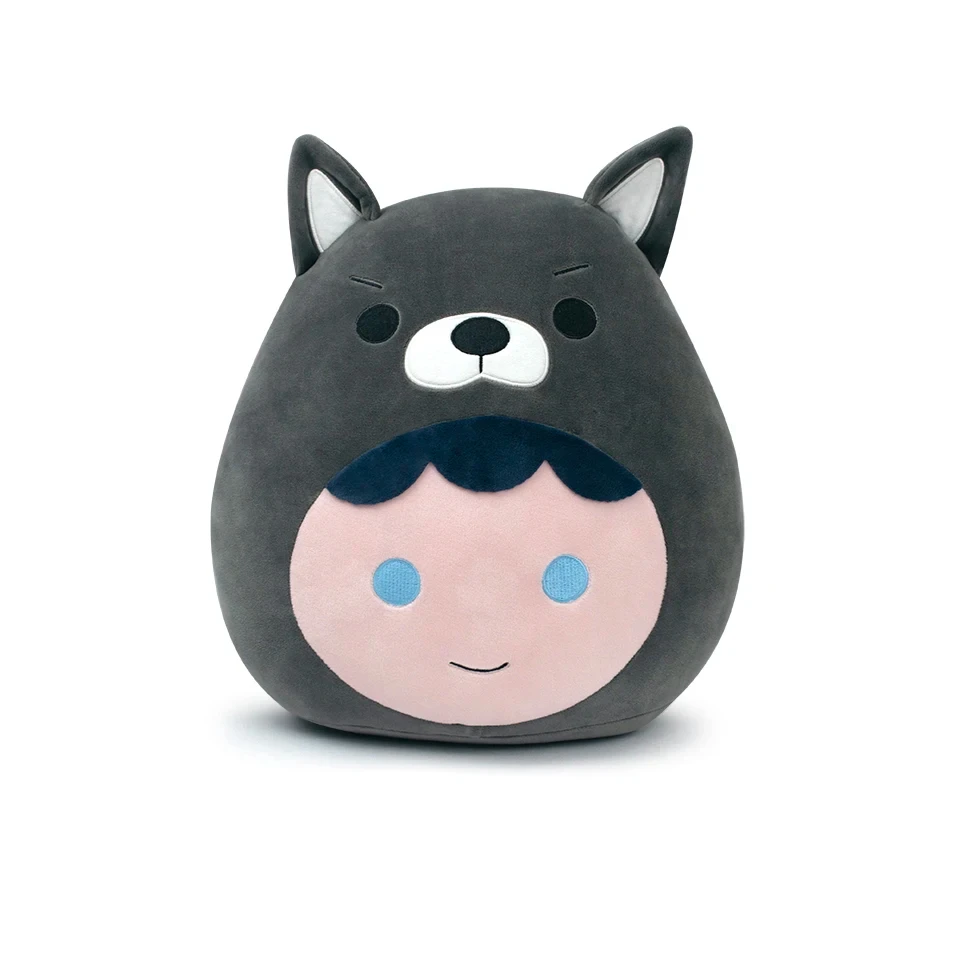
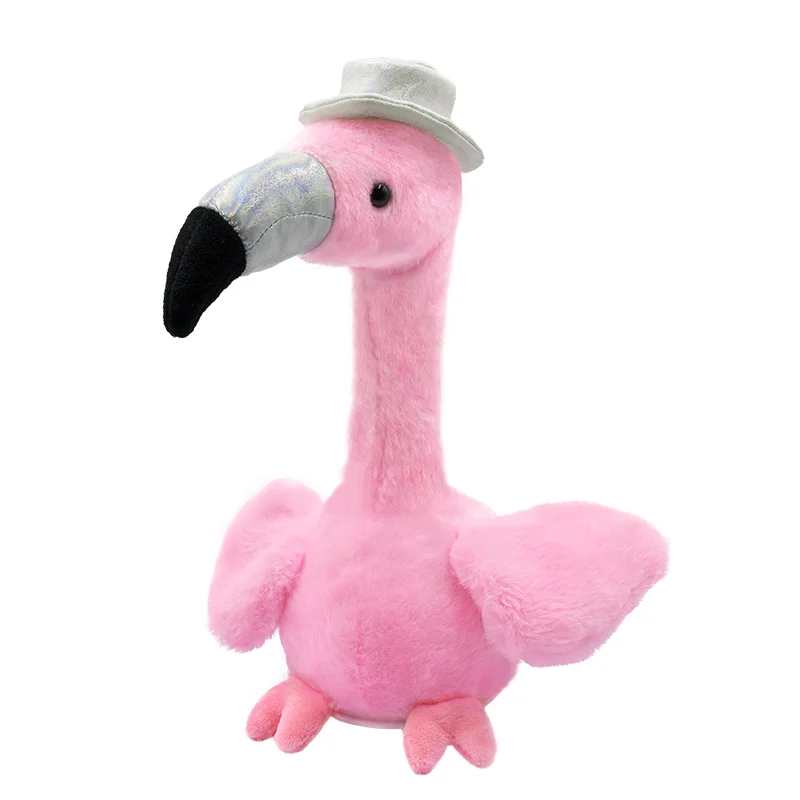
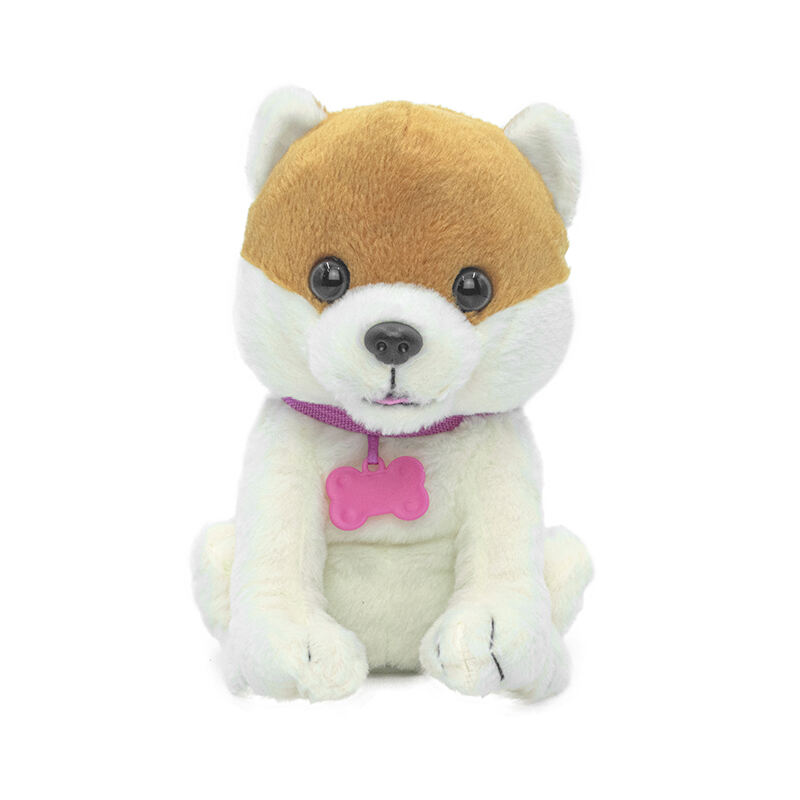
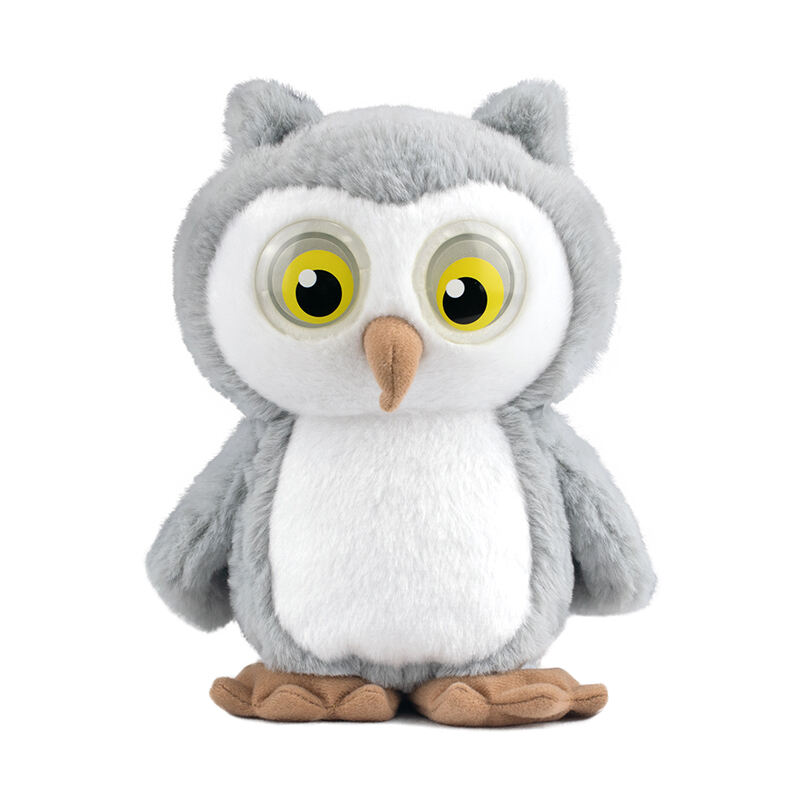
 Hot News
Hot News